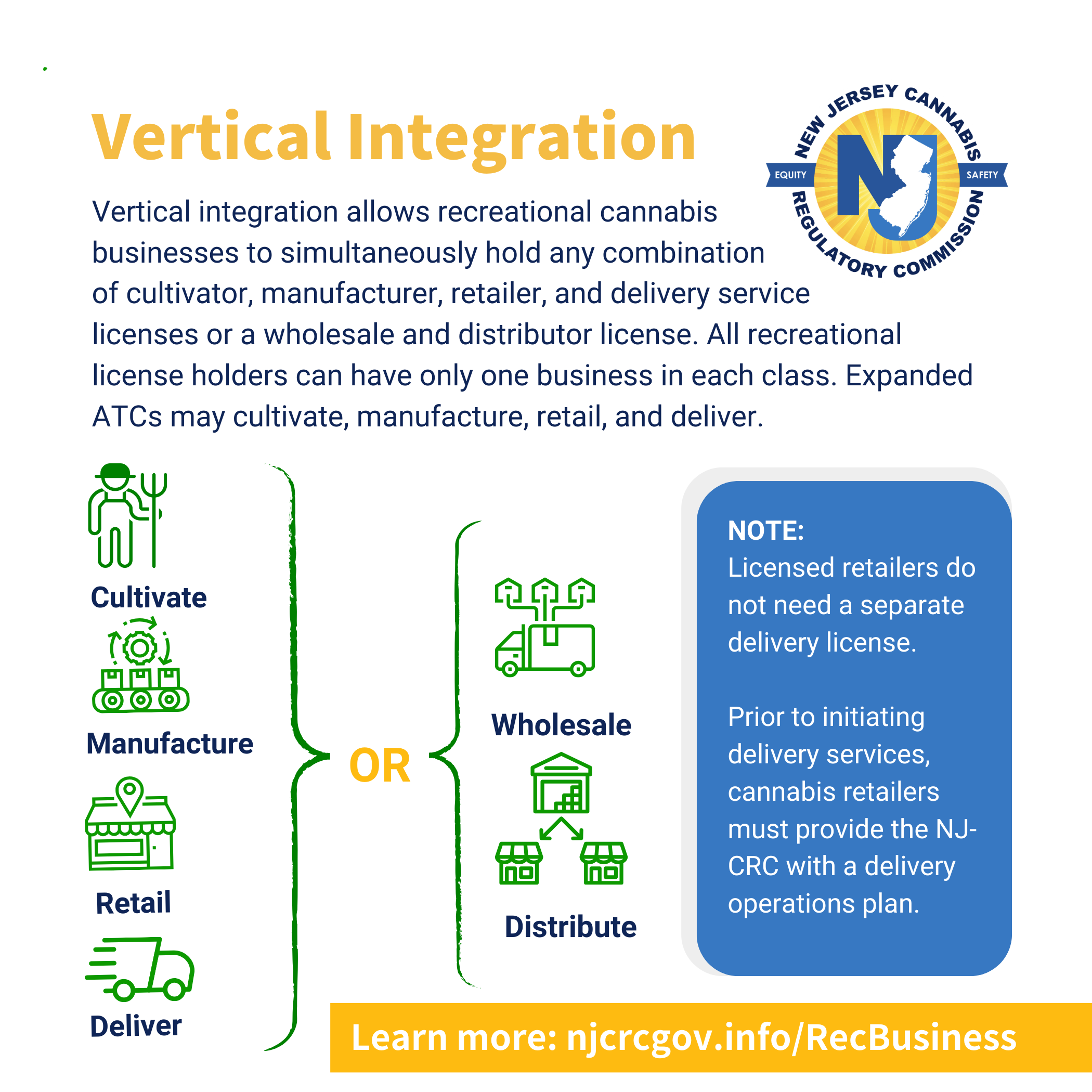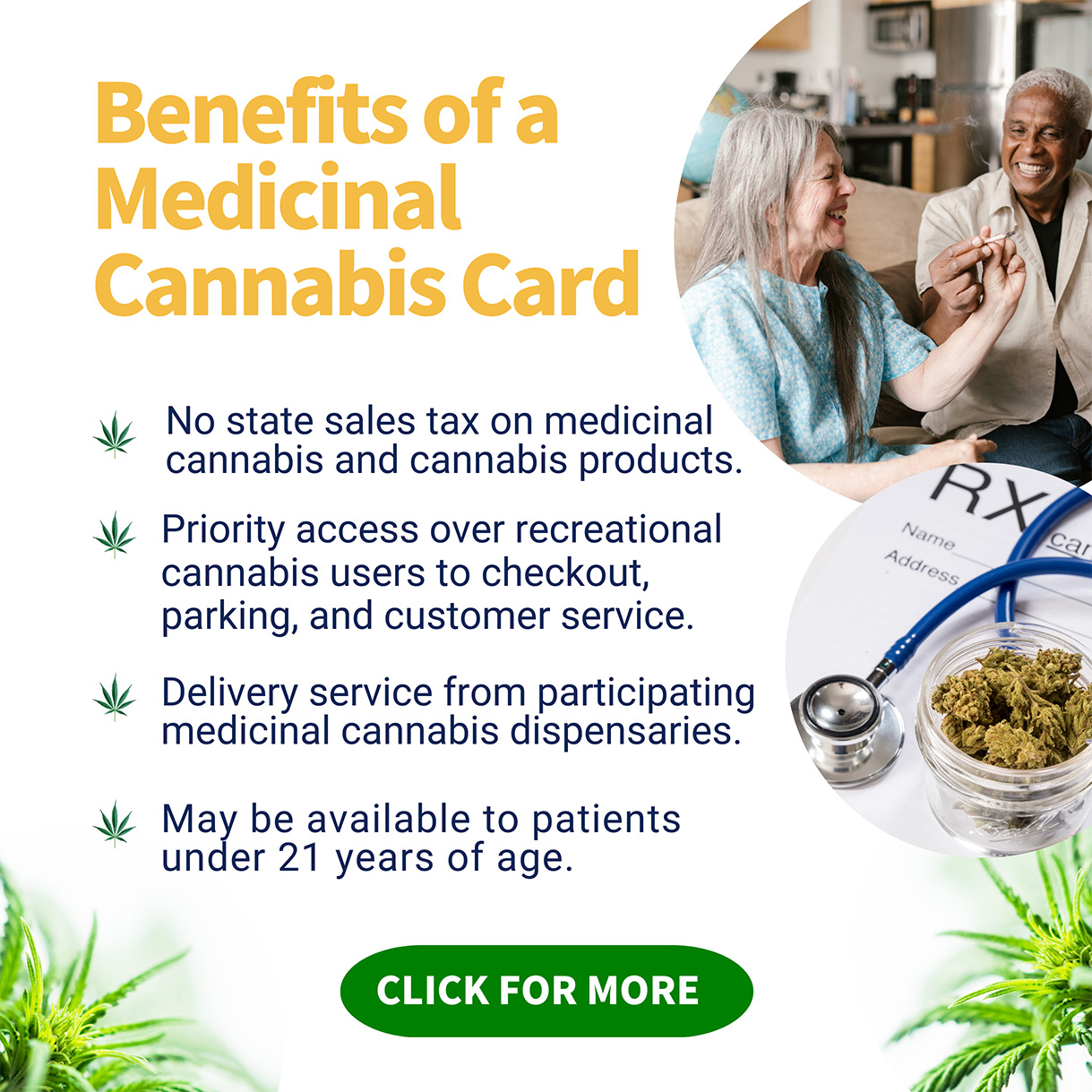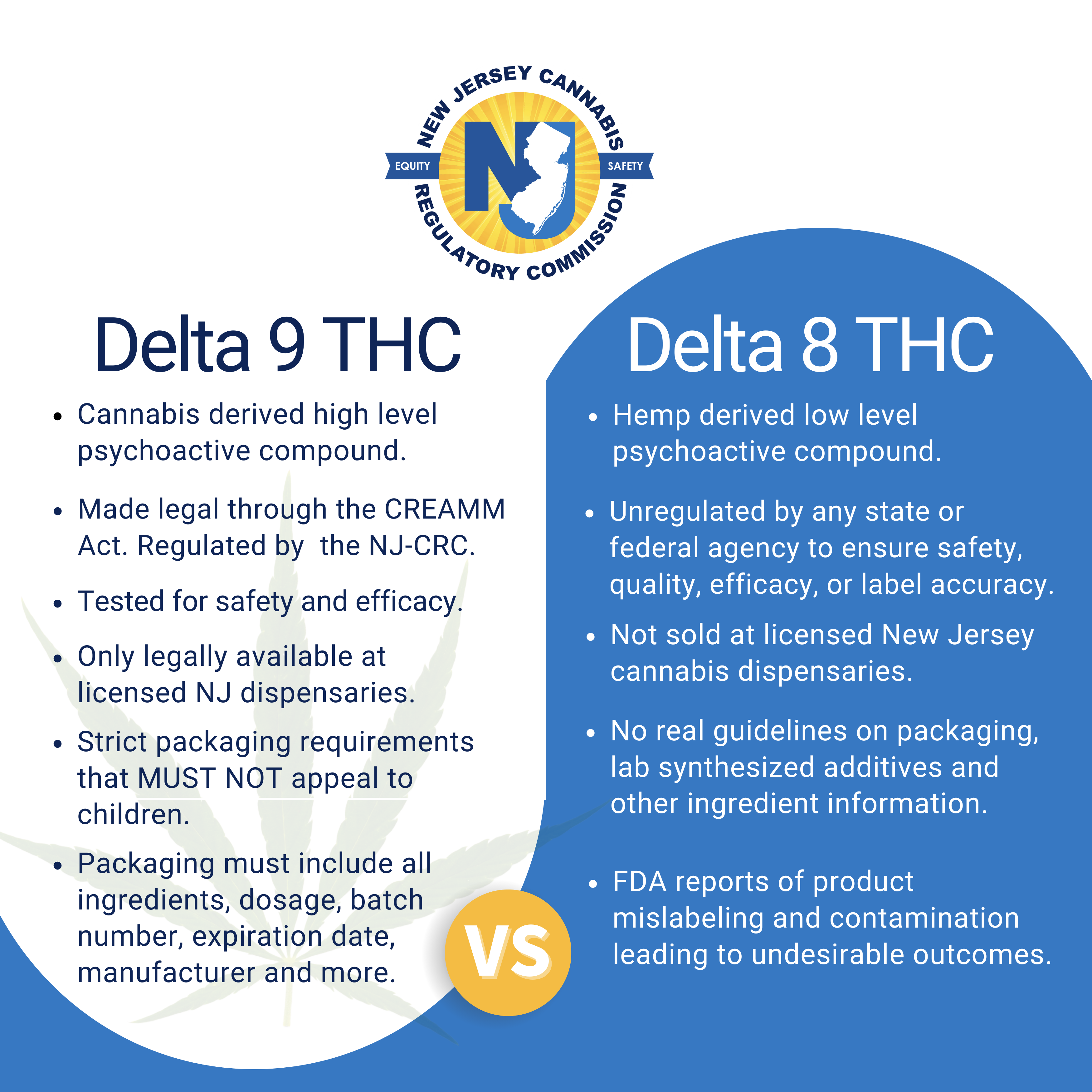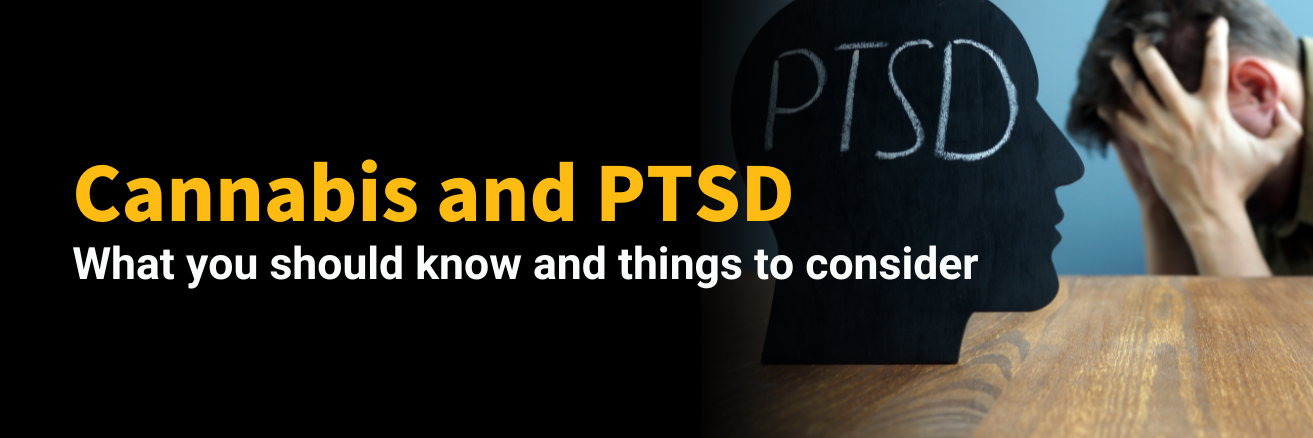
Cannabis and PTSD: What you should know and things to consider
What Is PTSD?
Post-traumatic stress disorder (PTSD) is a mental health condition that can happen after someone has lived through distressing or life-threatening events. People with PTSD may have disturbing flashbacks, nightmares, or be overly guarded. It can cause trouble sleeping, mood swings, or disruptions to daily life.
This mental health condition is the third most common condition participants in New Jersey’s Medicinal Cannabis Program are treating with cannabis Many patients, including veterans, turn to cannabis when other treatments are not enough or don't work.
How cannabis may help with PTSD
Cannabis works with the body’s endocannabinoid system. This system helps manage mood, memory, sleep, and stress. For people with PTSD, cannabis may:
- Help to reduce anxiety and fear. Some users report feeling calmer and less on edge.
- Improve sleep by helping people fall asleep more quickly, stay asleep longer, and have fewer nightmares.
- Help to quiet upsetting memories or racing thoughts, and ease flashbacks and troubling thoughts.

Veterans and PTSD
Veterans experience PTSD at higher rates than the general population.
- About seven (7) in 100 U.S. veterans will have PTSD at some point in their lives.
- In a large Veterans Affairs study of U.S. veterans, approximately 15% of those who served in Iraq and Afghanistan (OIF/OEF) reported experiencing PTSD in the past year, compared to 5% of Vietnam War veterans and 2% of World War II and Korean War veterans.
- In New Jersey, about 4.4% of veterans live with PTSD, which is slightly lower than the national average.
Some veterans with PTSD say cannabis helps improve their quality of life. Research shows:
- Ninety-one percent of veterans with PTSD who use cannabis say it helps their overall life satisfaction.
- About 21% use fewer opioids when using cannabis.
At the same time, studies show veterans with PTSD may be more likely to develop cannabis use disorder, which means having trouble cutting back or using too much. (Source: Cannabis Use Characteristics and PTSD-Related Outcomes Among Canadian Veterans With Chronic Pain | Journal of Veterans Studies)

What research says about cannabis and PTSD
Research is still developing, but there are important findings:
- Cannabis may improve sleep and reduce nightmares in some patients.
- Cannabis use does not always get in the way of PTSD therapy. A Rutgers University study found cannabis does not stop patients from benefiting from therapy.
Things to consider
Cannabis is not a cure for PTSD. It may help some people but not others. Here are some important things to keep in mind:
- Talk to a healthcare provider: Cannabis can interact with other medicines.
- Start low and go slow: Different strains and doses have different effects.
- Use as part of care: Many patients use cannabis along with therapy or other treatments, not instead of them.
Looking ahead
PTSD can be difficult to live with, especially for veterans who have experienced combat or trauma. For some, cannabis offers an extra tool for relief. Research in New Jersey and across the country is ongoing and soon we will help have a broader understanding of how cannabis fits into treatment for PTSD.
If you or someone you know is struggling with PTSD, help is available at the National Center for PTSD. Learn more about the Medicinal Cannabis Program.
DISCLAIMER
The information presented in this blog post is for informational purposes only and should not be used as a substitute for professional medical advice, diagnosis, or treatment. Seek advice from your physician or other qualified healthcare provider if you have any questions about a medical condition or incorporating cannabis into your treatment. Do not ignore professional medical advice or delay seeking it due to anything you may have read on this website.
Previous Blog Posts
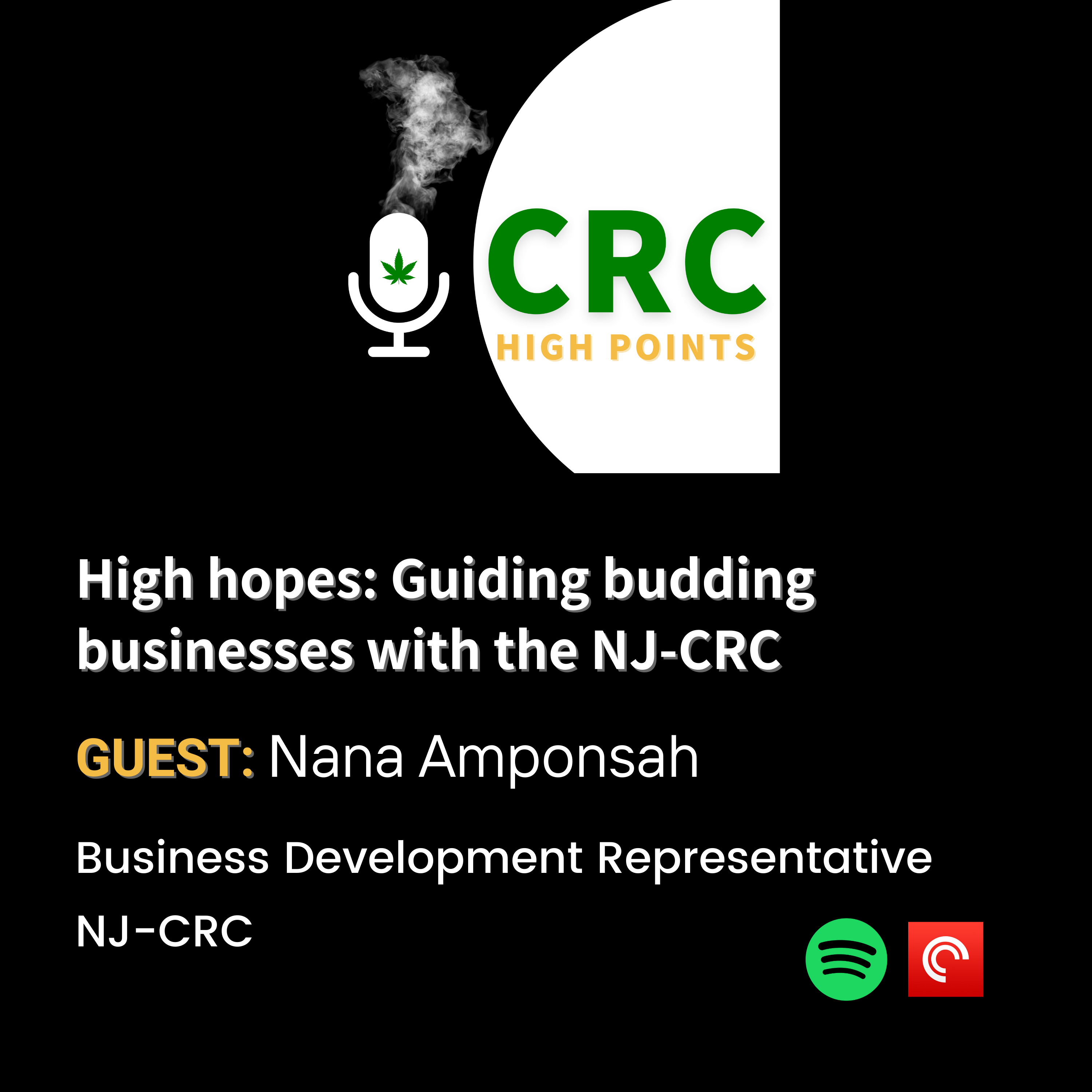
High Hopes: Guiding budding businesses with the NJ-CRC
09/5/2025
Nana Amponsah, business development representative at NJ-CRC, talks about her role, as part of the Office of Diversity & Inclusion, in identifying challenges cannabis entrepreneurs face, providing assistance to applicants and new businesses wherever possible, and acting as a liaison between cannapreneurs and other state agencies that provide support. She also explains how NJ cannabis business development differs from other fields, emphasizing the continuous need for support.

Tips for SMART Gatherings This Holiday Season
11/26/2025
The holidays are a time for food, fun, laughter, and connecting with the people who make life sweeter. And as more adults in New Jersey choose to enjoy, or gift legal cannabis during the season, the NJ-CRC has launched its second safe-use campaign, S.M.A.R.T., to help keep celebrations (relatively) stress-free. S.M.A.R.T. is an easy way to remember the basics of responsible cannabis use, especially when travel is constant, roads are chaotic, homes are busy, and curious little ones are wandering.
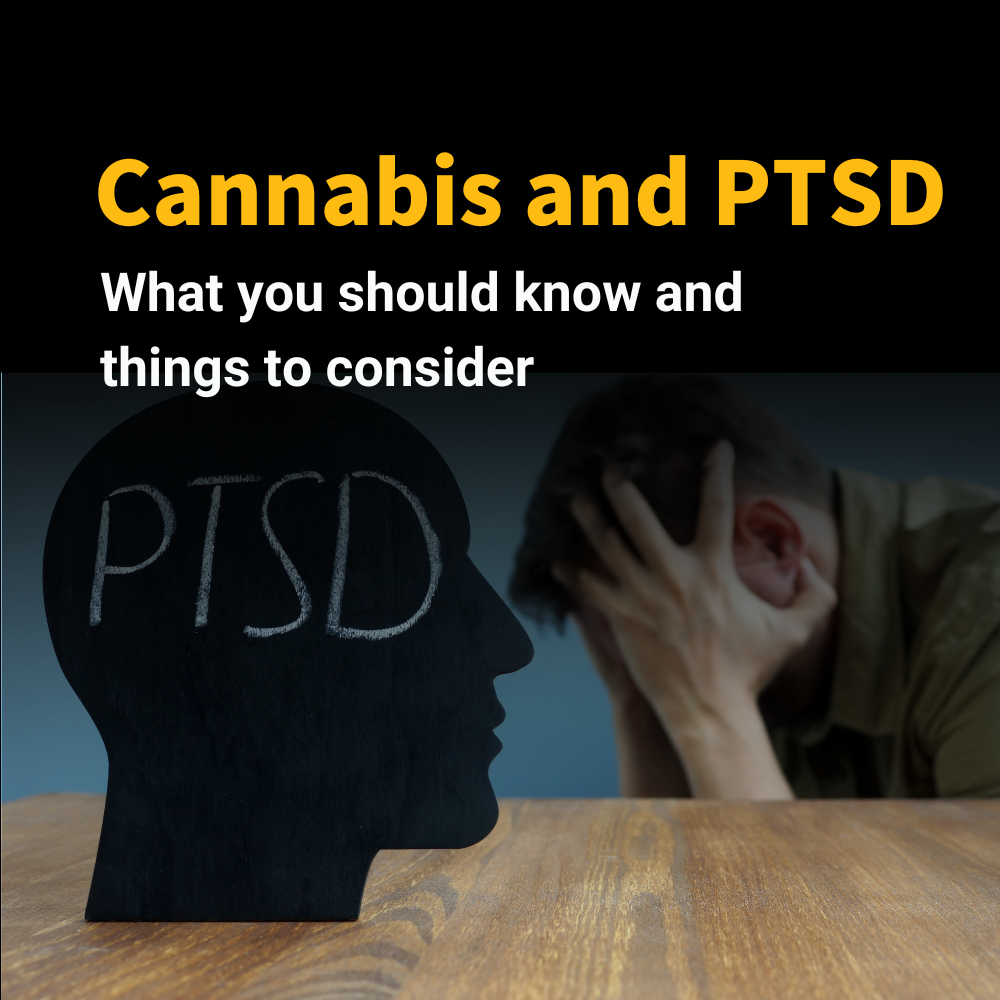
Cannabis and PTSD
10/20/2025
Everyone feels pain at some point—whether it’s a sore back after a long day, a pounding headache, or stomach cramps that just won’t let up. But for some people, pain isn’t temporary. It’s a constant part of daily life. Anxiety disorders are the most common qualifying condition for New Jersey’s Medicinal Cannabis Program (MCP). However, various forms of pain also rank highly on the list of qualifying conditions. Specifically, chronic pain related to musculoskeletal disorders is the second most common condition, migraines are fourth, and chronic pain originating from visceral sources ranks fifth.
 Official Site of The State of New Jersey
Official Site of The State of New Jersey
